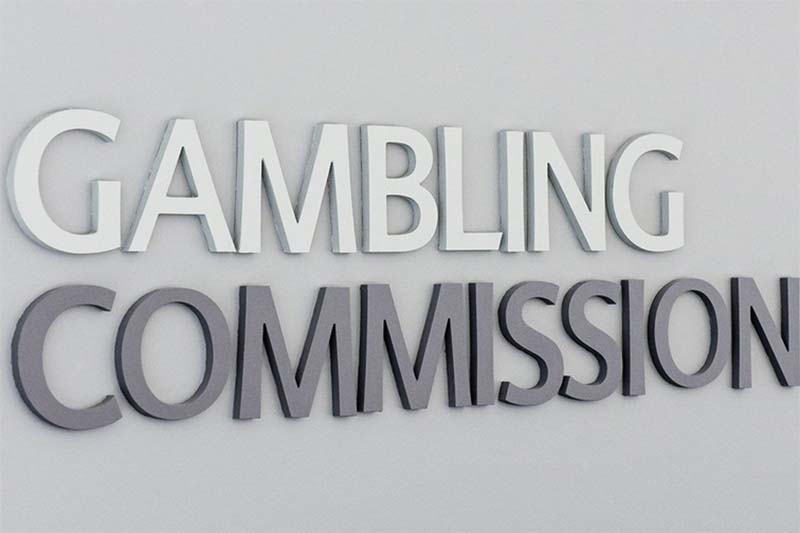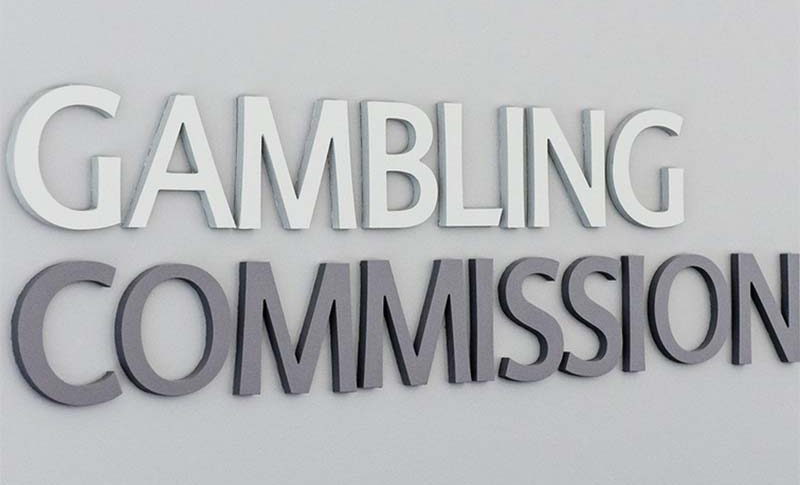UK problem gambling levels reach historic low

The UK Gambling Commission recently reported that problem gambling was at an all-time low in the country.
The latest data indicated that for 2022, problem gambling would remain at a steady 0.2%.
The UKGC claimed that the figure was proof of the effort invested in tackling the gaming market rather than the proactive initiatives of the operators. Despite the evidence showing that the existing rules were effective, the gambling regulator requested more restrictive measures.
“These newly released figures are further evidence of the positive progress we have made on safer gambling and underline our urgent calls for ministers to take a genuinely evidence-based approach to the upcoming White Paper,” UKGC CEO Michael Dugher said.
“These figures showing that problem gambling has fallen once again will no doubt come as a profound disappointment to anti-gambling prohibitionists, who like to vastly overstate the issue.
“Their alarmist demands are not backed up by the evidence. We want big changes, but they must be focused on this small minority who are vulnerable to harm, not the vast majority who bet safely and responsibly. We need a risk-based approach that helps the vulnerable and does not ruin the experience for the responsible majority.”
The newest quarterly telephone survey results show a reduction from the 0.3% recorded in the previous year. In the December quarter, which concluded on December 31, low-risk gamblers remained at 1.7%. Moderate-risk gamblers experienced a significant rise from 0.8% to 1.3%.
Gambling participation in the UK stayed at 44% overall, which is lower than the figure calculated for 2019. The UKGC noted that in-person gambling increased by 24% while online gambling participation stayed at 27%.
The percentage of people who associated criminality with gambling decreased to 41% from 42%, while the perception of the activity remained stable.
“The data also shows that participation rates appear to be bouncing back after the pandemic for activities such as fruit and slot machines, virtual gaming machines in bookmakers, dog races, virtual dog and horse races, and casino games,” the gambling commission said.
The report also revealed that approximately half of the people in the UK — 22.5 million people — place a bet every month. This could vary from playing in a gaming hall to buying a lottery ticket, betting on sporting events, and other gambling-related activities. The figure also showed a slight increase in activity; however, there was no corresponding uptick in problem gambling.
Pushing for more gambling restrictions might not be beneficial to the UK economy. Currently, the gambling industry accounts for around £7.1 billion (US$8.57 billion) of the country’s revenue and 111,000 jobs; thus, a significant loss could have a major impact.
Last week, the Gambling Commission released its market figures for the third quarter of the 2022–23 financial year. Online gross gambling yield (GGY) reportedly amounted to $1.20 billion, 2% lower than the previous year.
Dugher also said that the regulated gambling industry was prepared to provide safer gambling for its UK citizens, unlike the unregulated black online market, which had no safeguard protecting customers.
“Ministers should not drive customers into the arms of the black market by introducing blanket low-level intrusive affordability checks for all punters but rather use technology to target those at risk,” Dugher said.
“We welcome these figures but refuse to be complacent. Our mission to drive up standards continues.”
The UK white paper is set to reveal some of the biggest gambling reforms by the government. However, the document has already faced significant delays, and a recent change of parliamentarians has pushed back the release date once again.
There is also little information about the official taking responsibility for the white paper and handling the Department of Culture, Media, and Sports gambling brief. Stuart Andrew MP was reported to be the sixth minister last week, but according to the DCMS, no decision has been reached.
While the new regulations’ full scope is unknown, the white paper will likely cover reduced advertising, mandatory affordability checks, new staking limits, reduced advertising, and sponsorship bans.
